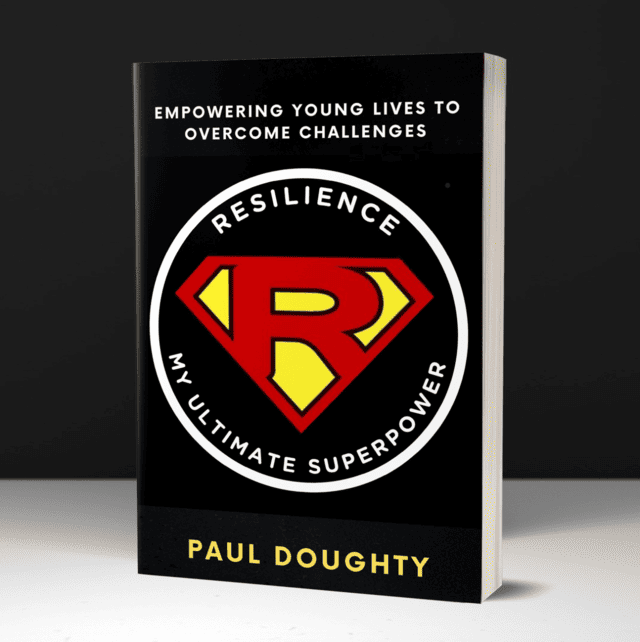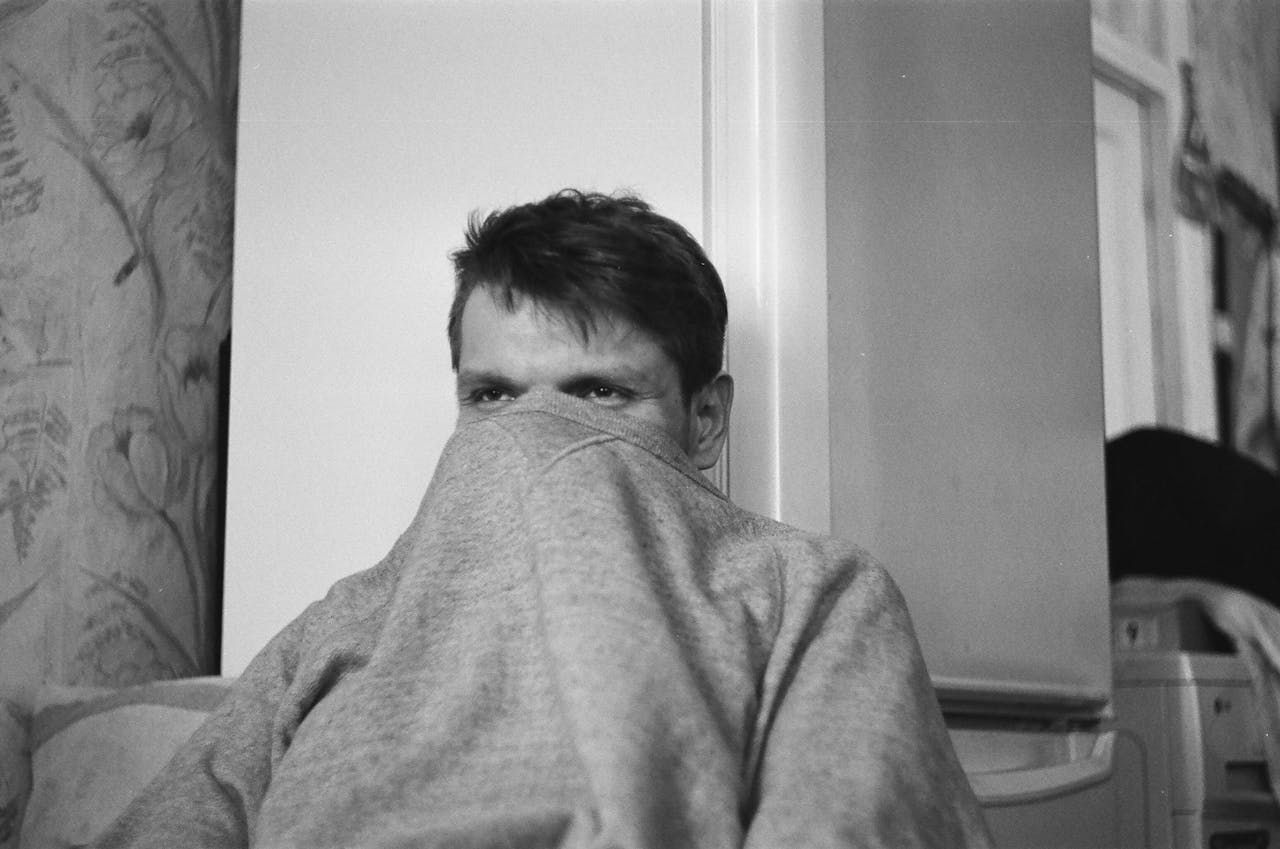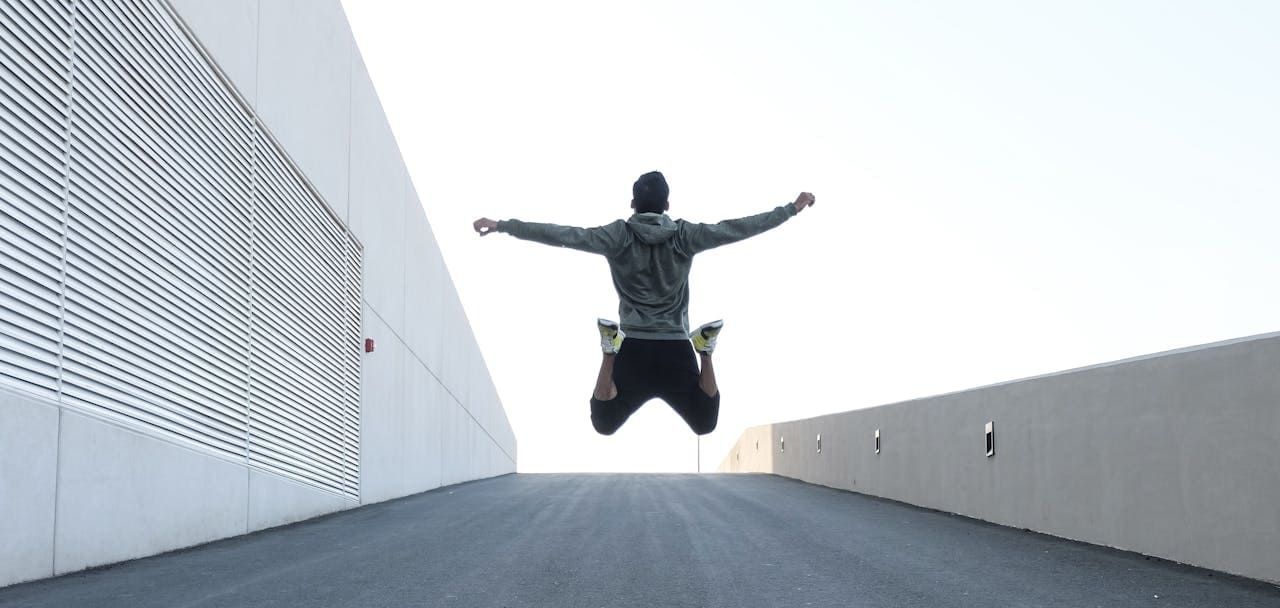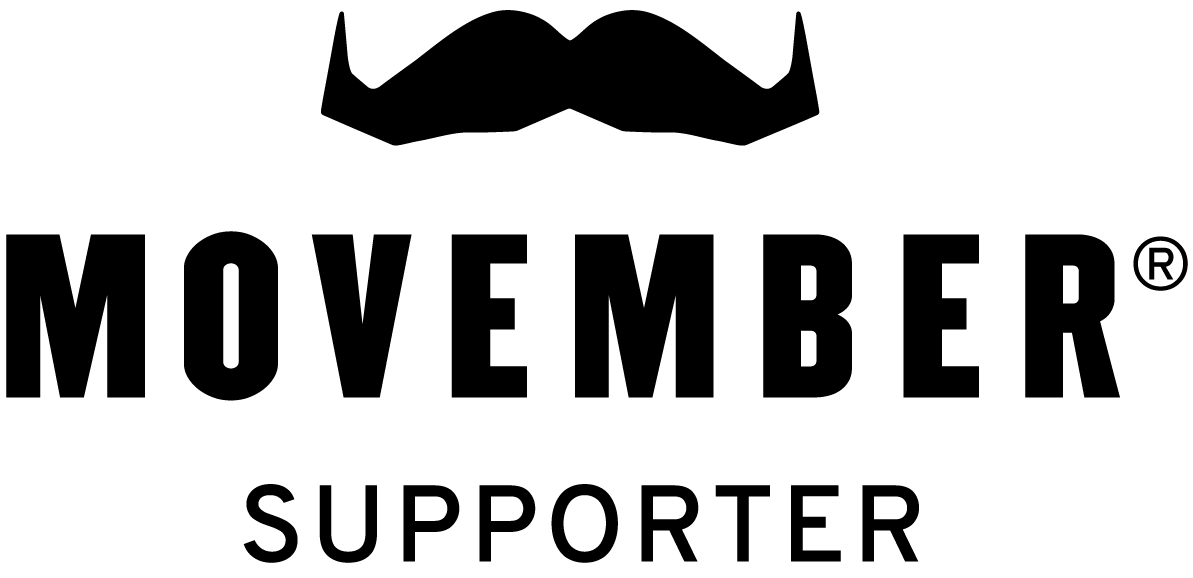Building Resilience in Men And How It Changes Everything
Tamara Ruh • March 4, 2025
Functional Freeze in Men: The Mask of the Competent Achiever

I’ve met so many men who feel confident when they can push through, who strive to become the type-A achiever, the unbreakable force who handles everything on his own. To perform, provide, and prove himself—day in and day out. Don’t you think? 🤔
But then, what happens when that weight becomes too much?
What if, instead of feeling strong, a man finds himself just getting through the day? Maybe he wakes up already exhausted, slaps on a confident mask, and heads to work, where he’s mastered the role of the competent achiever. He cracks jokes, meets deadlines effortlessly, and says, “I’m good,” when asked how he’s doing. But deep down…, there’s a quiet emptiness. A nagging fear that if anyone saw the real him—the one who feels insecure, shaky, and disconnected—they’d walk away.
Lately, I’ve noticed how, especially in ambitious corporate environments, resilience is too often mistaken for an “I don’t give a f***” attitude. But what sounds strong, can have a fragile core: detachment and numbness aren’t signs of resilience, but of high-functioning freeze—a survival response that can go unnoticed for years. And it can silently steal your sense of aliveness.
That’s exactly what American author Paul Doughty experienced: It nearly broke him—costing him his marriage, his job and nearly his self-esteem. Listen to his full story on episode #43 “Resilience Is My Superpower - How It Can Be Yours Too” on Hearts White Open, The Men's Health Podcast. (now available on every podcasting platform)
What Is Functional Freeze in Men?
Functional freeze is when your nervous system is stuck in a state of shutdown, but you’re still able to go through the motions. You show up, get things done, maintain your relationships—on the surface, everything seems fine. But underneath, there’s a numbness, a sense of going through life on autopilot. You might struggle to feel joy or deep connection. You might escape into screens, alcohol, or work, not because you want to, but because stillness feels uncomfortable.
This state can be mistaken for calm or even resilience, but in reality, it’s a sign that
your nervous system has adapted to chronic stress by shutting down parts of yourself. Over time, this can lead to exhaustion, depression, and even burnout.
Numbness vs. Real Recovery
Checking out isn’t the same as healing. Many men mistake zoning out—through binge-watching, extended gaming, the regular after-work beer or endless scrolling—as a way to recharge. But true recovery doesn’t just distract you from stress; it restores your capacity to engage with life.
Numbness is a symptom of overload, not a solution for it. Real recovery happens when you create space for rest, connection, and nervous system regulation—whether that’s through movement, therapy, time in nature, or meaningful conversations.
It’s about coming back to yourself, not escaping from yourself.
Why Resilience is a Game Changer for Men
Resilience isn’t just about handling stress. It’s about recovering from it. It’s the ability to bounce back, to adapt, and to keep moving forward without losing yourself in the process. True resilience isn’t just about enduring; it’s about learning to shift gears—to recognize when to push forward and when to rest.
Men who build resilience aren’t just more effective in their careers and relationships—they also experience
more confidence, more ease, and a greater sense of control over their lives.
They don’t just survive difficult times; they grow through them. And the good news? Resilience isn’t an inborn trait. It’s something you can build.
Don’t Wait Until It’s Bad—The Power of Prevention
Too many men wait until they hit rock bottom before they seek help. Once you have a full-blown burnout for example, it can take years to fully recover. That's why the earlier you recognize the warning signs, the easier it is to course-correct before things spiral. Prevention is always easier than rehabilitation. It takes courage to seek help, it always does, but the earlier you do, the higher the reward.
Early Warning Signs & Red Flags of Functional Freeze
How do you know if you’re headed toward burnout, or if your functional freeze is taking over?
Pay attention to these warning signs:
- Feeling exhausted, even after sleep.
- Going through the motions and feeling disconnected from what you’re doing.
- Putting on the “competent achiever” mask at work but inside, you feel insecure, shaky, and terrified that someone will see the real you.
- You avoid social interactions because they feel draining, not energizing.
- Your patience is wearing thin—things that never used to bother you now trigger frustration or withdrawal.
- Relying on alcohol, work, or distractions to get through the day.

The Best Time For Men To Reach Out For Help
If any of this resonates, please don’t ignore it. Too many good people wait until they’re at their breaking point before seeking support. Therapy, coaching, men’s groups, or even a simple conversation with a trusted friend can be the first step toward real resilience.
The bravest act is showing up for ourselves in all our parts—the good, the bad, and the ugly. You have the power to make a difference by breaking the silence and opening up.
At Hearts Wide Open, we’re dedicated to giving resilience a voice and helping prevent a high-functioning workforce disconnected from their bodies—one that may only face the consequences of burnout years later, when recovery becomes much harder.
Together, we can build a culture of awareness and well-being, where men thrive and truly connect with their inner strength and aliveness. If this resonates with you or you'd like to get involved or share your story to inspire others,
Hearts Wide Open is here for you.
Tamara <3
The Men's Health Blog
Listen to our podcast
We share real life experiences & feature experts in & around the domain of Men's Health twice a month.
Here's how you can get involved with Hearts Wide Open & Men's Health
Something for everyone
Share your thoughts and feedback on the Wall Of Love, listen to our inspiring men's health podcast, become a guest on our show, join our community by signing up for Letters From An Open Heart and don't forget to follow us on our socials to view all our inspiring content.
Made by Dennis Amo with ♥









